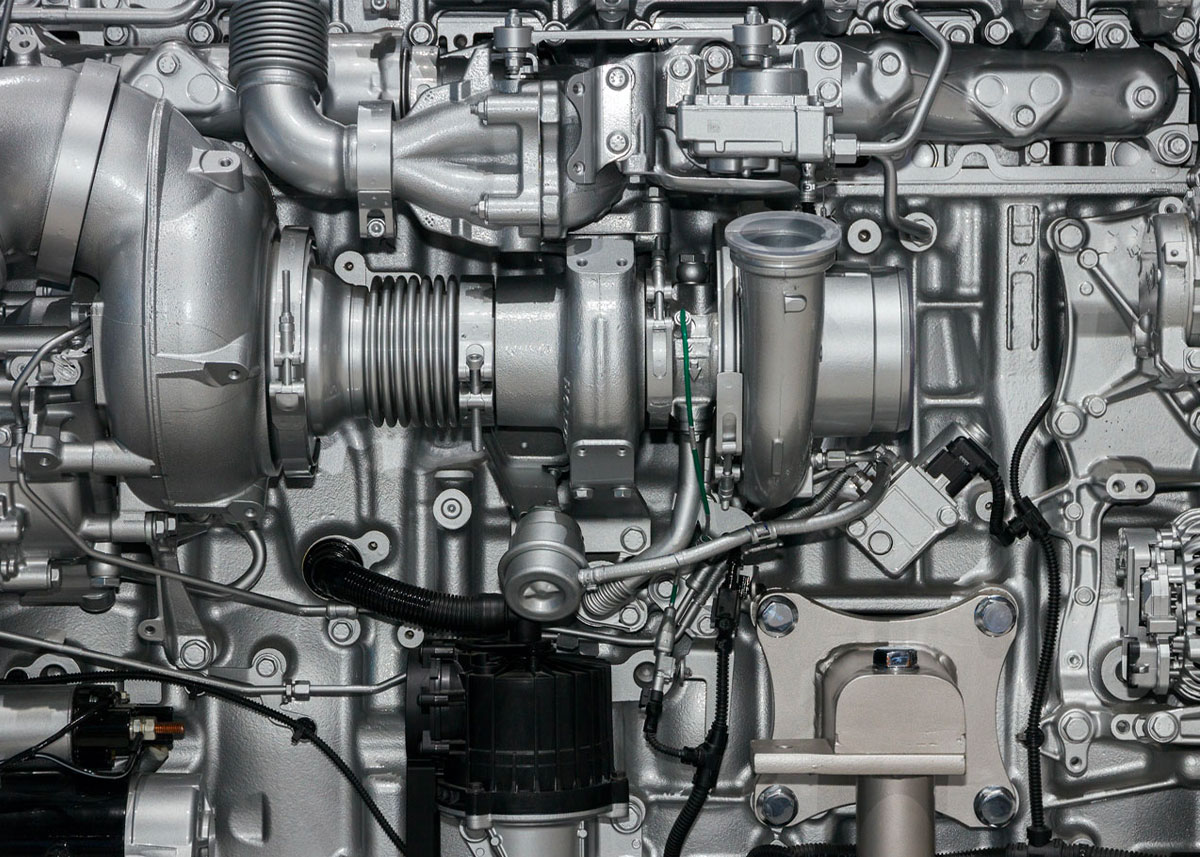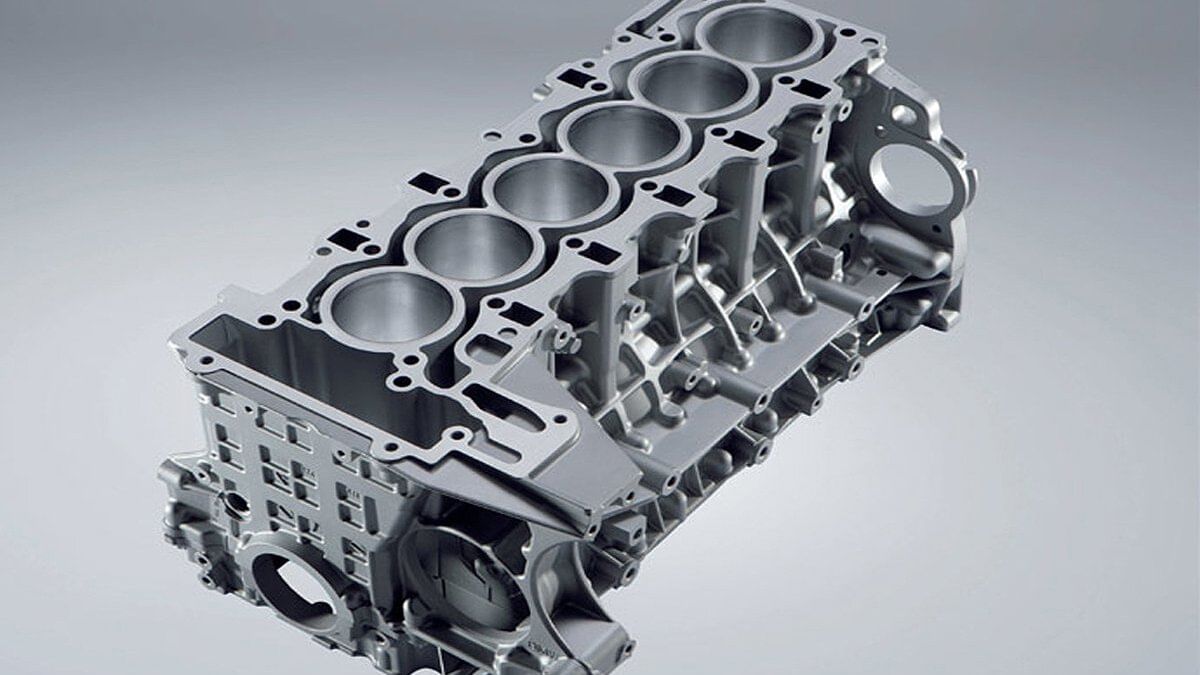Find High-Quality Imports with Engines For Africa
Find High-Quality Imports with Engines For Africa
Blog Article
Check Out a Variety of Engines for Every Car and Function
The vehicle landscape is significantly intricate, with a varied selection of engine kinds designed to meet specific efficiency and performance needs throughout numerous automobile groups. From the high-performance engines that power sporting activities cars to the fuel-efficient options tailored for daily commuting, the options are large and varied. Additionally, heavy-duty engines offer the demands of job automobiles, while green choices are getting traction in the pursuit of lasting transport. Comprehending these distinctions is essential for making informed choices, especially as emerging technologies remain to shape the future of automotive design. What ramifications might these developments hold for consumers and suppliers alike?
Sorts Of Automotive Engines
Automotive engines can be classified into numerous unique types, each developed to satisfy certain efficiency and performance needs. One of the most usual classifications consist of inner combustion engines, electric engines, and crossbreed systems.

Electric engines, on the other hand, operate electrical power kept in batteries, offering instant torque and zero emissions. These engines are becoming significantly preferred due to advancements in battery innovation and the expanding emphasis on sustainability.
Hybrid systems incorporate both internal combustion and electric engines, making it possible for vehicles to enhance gas efficiency and minimize exhausts by seamlessly changing in between power sources. Each engine type provides its benefits and disadvantages, affecting factors such as car style, planned usage, and market need. Comprehending these distinctions is critical for suppliers and consumers alike when picking the proper engine for their specific demands.
Efficiency Engines for Sports Cars
Efficiency engines for cars are specifically crafted to deliver enhanced rate, power, and agility, setting them apart from basic automotive engines. These engines often utilize advanced innovations such as turbocharging, supercharging, and variable shutoff timing to maximize efficiency and responsiveness.
Usually, performance engines are developed with greater compression ratios, which enable greater energy extraction from gas. This results in remarkable horsepower and torque numbers, making it possible for rapid velocity and higher full throttle. Moreover, the light-weight materials made use of in these engines, such as light weight aluminum and carbon fiber, add to minimized general automobile weight, improving handling and ability to move.
Engine configurations like V6, V8, and also hybrid systems prevail in performance sporting activities cars and trucks, each offering one-of-a-kind benefits in regards to power shipment and driving characteristics. The adjusting of these engines is also vital; lots of manufacturers optimize the engine administration systems to provide a thrilling driving experience, often consisting of sport settings that readjust throttle feedback and gear shifts.
Effective Engines for Daily Commuters
In the realm of everyday commuting, reliable engines play a crucial function in enhancing fuel economy and reducing discharges while supplying trusted performance. As metropolitan populaces expand and environmental worries escalate, the demand for lorries outfitted with effective powertrains has actually risen.
Modern engines developed for day-to-day commuters often integrate modern technologies such as turbocharging, direct gas shot, and hybrid systems. Turbocharging enhances engine performance forcibly even more air into the burning chamber, permitting smaller, lighter engines that do not jeopardize power outcome. Straight fuel injection improves gas atomization, bring about better burning and enhanced performance.
Crossbreed engines, integrating interior combustion with electrical power, additional augment fuel economic situation, specifically in stop-and-go traffic, where traditional engines can experience ineffectiveness. Electric electric motors help during acceleration and can run learn the facts here now separately at low rates, decreasing total gas consumption.
Moreover, advancements in engine monitoring systems and light-weight materials add substantially to reliable engine design. By concentrating on efficiency, durability, and environmental sustainability, producers continue to supply engines that not just fulfill the demands of day-to-day travelling yet additionally straighten with global initiatives to decrease carbon footprints.
Heavy-Duty Engines for Job Cars
Heavy-duty engines for job vehicles are routinely engineered to provide remarkable torque and integrity under requiring conditions. These engines are designed to do in environments where standard engines might fail, such as construction sites, logging operations, and agricultural settings. The main focus of sturdy engines is their capability to produce high degrees of power while maintaining longevity over prolonged durations of procedure.
Generally, sturdy engines use advanced materials and durable building and construction methods to endure the rigors of hefty work. Attributes such as strengthened cyndrical tube blocks, enhanced cooling systems, and progressed gas injection modern technologies add to their effectiveness. These engines commonly run at reduced RPMs, which assists to optimize fuel performance while offering the needed power for transporting and pulling.
Along with mechanical toughness, sturdy engines are frequently furnished with advanced electronic control devices (ECUs) that handle performance, discharges, and diagnostics. This combination enables better tracking and upkeep, making certain that work vehicles continue to be efficient and functional.
Ultimately, heavy-duty engines are an essential part in the performance of numerous industries, offering the required power and reliability to tackle the toughest of jobs.
Eco-Friendly Engine Options
The expanding focus on sustainability has actually brought about the development of environmentally friendly engine options that focus on decreased exhausts and improved gas efficiency. These engines are created to minimize the ecological impact of cars while still providing the efficiency and reliability anticipated by customers.
Among one of the most remarkable environmentally friendly choices are hybrid and electrical engines. Crossbreed engines incorporate conventional internal combustion engines with electric propulsion, allowing for reduced fuel usage and lower greenhouse gas discharges. Electric engines, on the other hand, operate entirely Source on battery power, producing no tailpipe emissions and adding to cleaner air top quality.
An additional appealing development is the development of biofuel engines, which make use of eco-friendly sources, such as plant products, to power automobiles (Engines For Africa). By using biofuels, these engines can lower reliance on nonrenewable fuel sources and reduced total carbon footprints

As the auto industry evolves, environmentally friendly engine options will certainly play a critical duty in driving the transition in the direction of even more lasting transportation options.
Verdict
The automobile market provides a varied variety of engines created to fulfill different car needs and functions. From high-performance engines that boost cars capacities to efficient designs prioritizing gas economic situation for day-to-day commuters, each type serves a specific feature. More Info Sturdy engines satisfy robust work cars, while environment-friendly alternatives, such as electrical and biofuel engines, advertise lasting transport. This thorough variety makes sure that all driving demands are dealt with, adding to improvements in automotive modern technology and environmental stewardship.

Report this page